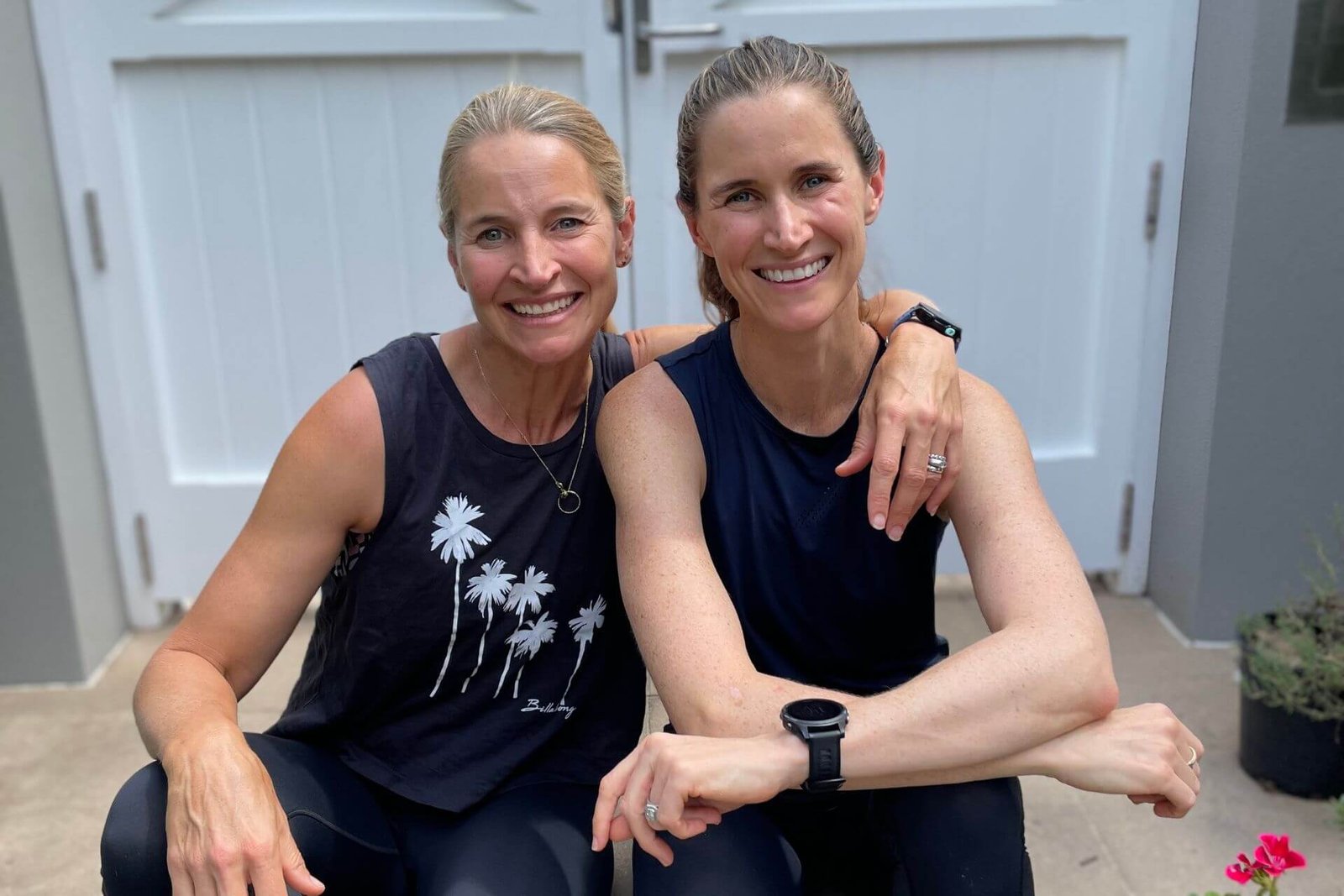Navigating perimenopause can feel like an uphill battle for many women, particularly when it comes to managing weight. One of the most overlooked factors in this journey? The powerful connection between two key hormones—cortisol, your stress hormone, and insulin, your blood sugar regulator. These two hormones have an intimate relationship, meaning that if one goes out of balance, the other tends to follow suit. This hormonal interplay is especially relevant during perimenopause, and it’s critical to understand how their imbalance can affect your body—particularly around the midsection.
Dysregulated Cortisol and Insulin
Cortisol is often referred to as the “stress hormone” because it’s released in response to stress. Insulin, on the other hand, manages your blood sugar levels, keeping them stable after you eat. When both of these hormones are working as they should, they help keep your body balanced and your energy levels stable. But when they’re out of sync, chaos ensues—particularly when you’re going through perimenopause.
Here’s the thing: cortisol and insulin have a very tight-knit relationship. If cortisol levels spike due to stress, insulin levels often rise as well. This can lead to blood sugar fluctuations, fat storage, and an overall sense of imbalance. And the reverse is true: when insulin is out of balance, cortisol levels tend to follow suit, perpetuating a cycle of stress and unstable energy.
Let’s break it down further:
- High cortisol (from chronic stress, overexercising, extreme nutrition or lack of rest) leads to increased insulin production, which can result in sugar cravings, energy crashes, and fat storage, particularly around the belly.
- Dysregulated insulin (from skipping meals, eating too little protein, eating too much sugar / high carbs or fasting without proper preparation) triggers cortisol spikes, increasing stress on your body and making it harder to lose weight—especially around your waistline.
Stress and Overexercising: A Recipe for Cortisol Overload
Are you someone who thrives on adrenaline, constantly on the go, squeezing in intense workouts while juggling a million tasks? This lifestyle may feel productive, but it’s likely wreaking havoc on your cortisol levels. When cortisol remains elevated over long periods, your body enters “survival mode.” In this state, it prioritizes storing fat, particularly in your abdominal area.
Here’s why: your body perceives the stress as a threat, even if it’s just from a packed schedule or too many HIIT workouts. It releases cortisol to cope, but this triggers insulin, causing blood sugar fluctuations and making it much harder to burn fat. Essentially, your body becomes primed for fat storage, not fat burning.
What to look for:
- You feel “wired but tired” throughout the day.
- You’re experiencing stubborn belly fat, despite regular exercise.
- You find yourself craving sugary or carb-heavy foods in the afternoon or evening.
Skipping Meals and Low Protein: How Insulin Dysregulation Triggers Cortisol Spikes
On the other side of the coin, let’s talk about food. If you’re skipping breakfast, relying on coffee to get through the morning, or skimping on protein throughout the day, you’re likely putting your insulin levels on a rollercoaster ride. When you don’t eat enough, or you eat in ways that aren’t balanced (such as cutting out carbs completely), your blood sugar plummets, prompting your body to release cortisol to raise it back up.
This yo-yo effect between insulin and cortisol creates stress in your system and makes it even harder to lose weight—especially around the belly. And if you’re fasting or skipping meals without properly balancing your macronutrients, your cortisol levels will stay elevated, leading to the same vicious cycle of stress and fat storage.
What to look for:
- You often feel lightheaded or “hangry” when you miss meals.
- You’re not consuming enough protein or healthy fats – experience cravings, 3pm slump.
- You’ve cut out carbs completely, leading to cravings later in the day.
The Take-Home Message: Balance Is Key
The most important takeaway when it comes to cortisol and insulin in perimenopause is this: Dysregulated cortisol <=> dysregulated insulin (and vice versa) = weight gain, particularly in the belly area.
To break this cycle, it’s crucial to find balance in both your stress levels and your eating habits. You don’t have to eliminate carbs or push yourself through gruelling workouts—you need to work with your body, not against it.
Simple Steps to Get Started:
- Prioritize Rest and Recovery: Incorporate mindfulness practices, gentle movement (like yoga or walking), and get enough sleep. Reducing stress will help regulate your cortisol levels.
- Eat Balanced Meals: Make sure your meals contain a good balance of protein, healthy fats, and complex carbohydrates. Don’t skip meals—especially breakfast—and avoid extreme fasting unless it’s guided and supported.
- Manage Stress: Finding ways to manage daily stressors through breathing techniques, meditation, or spending time in nature can significantly lower cortisol levels.
- Strength Training Over Intense Cardio: Focus on building muscle through strength training, which helps balance hormones and support insulin sensitivity without spiking cortisol.
Final Thoughts
Cortisol and insulin are two critical players in the complex hormonal dance of perimenopause. When they’re out of balance, it can feel impossible to lose weight, especially around the belly. But by making small changes to your lifestyle—whether that’s adjusting your exercise routine, managing stress, or fine-tuning your diet—you can start to regain control of your body. And remember, it’s not about perfection; it’s about consistency and balance.
This is why we created our 4 Week Peri Reboot with Carissa Mason, nutritionist extraordinaire. We have developed a comprehensive, scientifically-backed program that focuses on high protein, high fibre, macro balanced and calorie controlled meals – suitable for you AND your whole family, so you only need to cook once! Taking all of the guesswork out of it for you. For more information, check it out HERE.
And if you had any questions, reach out on IG @soulsisterhealth or via our email hello@soulsisterhealth.com.au.
Anna + Em xo






